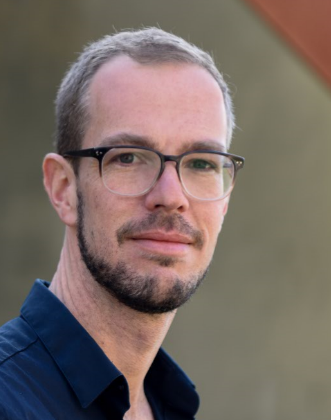Contemporary Theories of Religious Experience
Everywhere in the world we find spiritual experts, gurus and shamans. However, nowhere is there a society in which everyone is an expert. Why is it that spiritual experiences come easy to some but not to others? This is the central question that I aim to answer during my NIAS fellowship.
Project Description
William James, one of the godfathers of psychology, already argued that in order to truly understand the human mind, we should look at extraordinary cases of human experience. In this project I will scrutinize the varieties of religious and spiritual experiences, including feelings of awe, visions and hallucinations, psychedelic trips, out-of-body-experiences, instances of meaningful coincidence, feelings of a presence and mystical experiences. By integrating literature from such diverse fields as psychology, neuroscience, anthropology and religious studies, I aim to provide integrative insight in how these experiences come about and what the effects are on human behavior and wellbeing.
Selected Publications
1) van Elk, M., & Aleman, A. (2017). Brain mechanisms in religion and spirituality: An integrative predictive processing framework. Neuroscience & Biobehavioral Reviews, 73, 359-378.
2) Van Leeuwen, N., & van Elk, M. (2018). Seeking the supernatural: The interactive religious experience model. Religion, Brain & Behavior, 1-31.
3) van Elk, M. (2017). Extase: over de godhelm en andere religieuze experimenten. Amsterdam: Boom Uitgevers.
